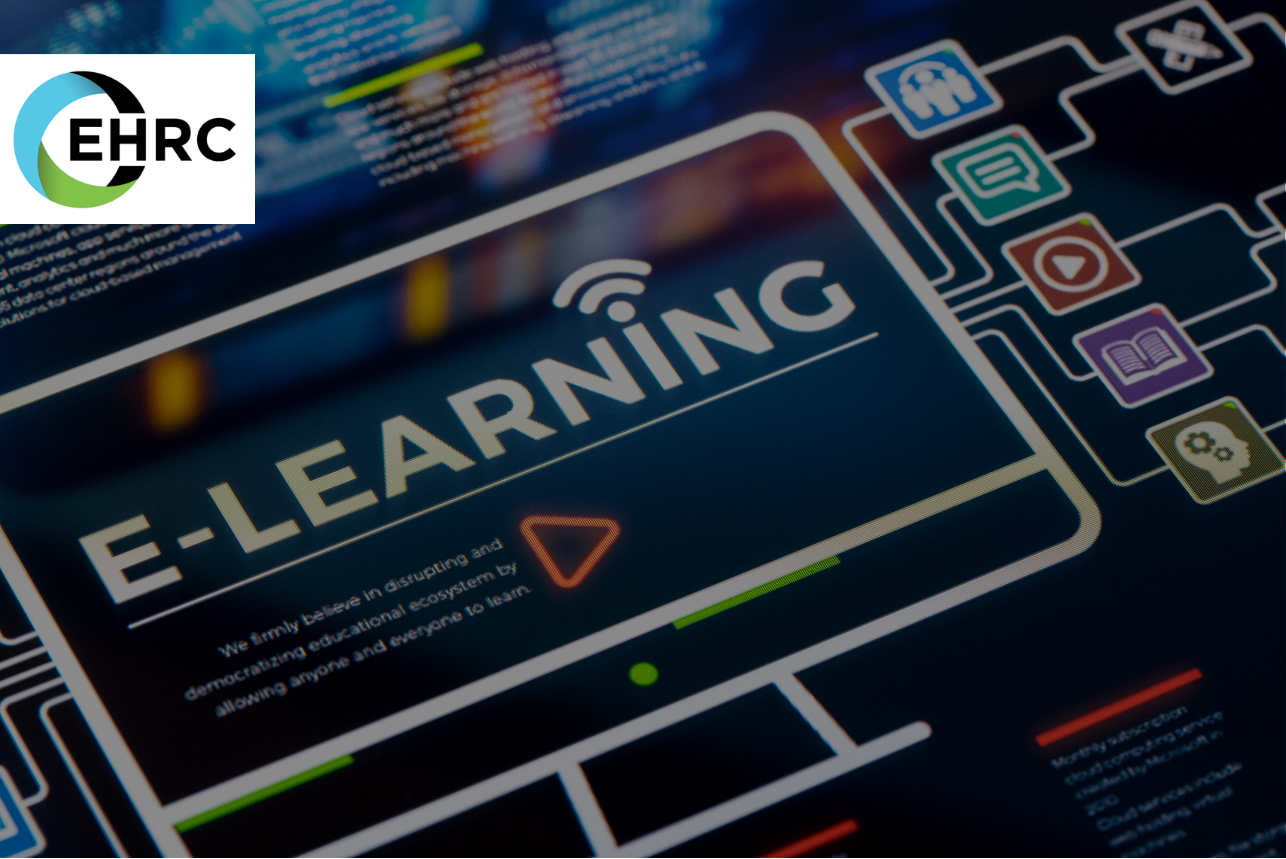The Future of Healthcare Training: How eLearning is Transforming the Industry
In today’s fast-paced healthcare environment, staying up to date with the latest advancements, compliance requirements, and best practices is more critical than ever. Traditional training methods, such as in-person seminars and lengthy manuals, often fall short in providing the flexibility and efficiency that healthcare professionals need. That’s where eLearning comes in, revolutionizing the way healthcare professionals learn, train, and grow in their careers.
The Rise of eLearning in Healthcare
The healthcare industry is constantly evolving, requiring professionals to keep pace with new regulations, emerging technologies, and updated medical protocols. eLearning offers a dynamic and cost-effective solution for continuous education, making training more accessible and engaging for busy healthcare providers.
Key Benefits of eLearning in Healthcare
1. Flexibility and Convenience
With eLearning, healthcare professionals can access training materials anytime, anywhere. Whether it’s a nurse brushing up on EHR systems after a shift or a physician completing CME credits on the go, eLearning provides the flexibility needed to balance learning with demanding schedules.
2. Improved Knowledge Retention
Studies show that interactive and multimedia-based learning improves knowledge retention. Video tutorials, quizzes, and real-life case simulations help reinforce concepts better than traditional text-heavy materials.
3. Cost-Effective Training
Organizations save on travel, venue, and instructor costs by transitioning to eLearning. Digital courses reduce expenses while ensuring high-quality, standardized training for all employees.
4. Compliance and Regulatory Training
Healthcare institutions must stay compliant with ever-changing HIPAA regulations, patient privacy laws, and industry standards. eLearning platforms streamline compliance training by providing automated updates and easy-to-access certification programs.
5. Personalized Learning Paths
Role-based training ensures that each employee receives customized content relevant to their job responsibilities. This enhances learning efficiency and prevents unnecessary training on unrelated topics.
The Future of eLearning in Healthcare
As artificial intelligence (AI), virtual reality (VR), and augmented reality (AR) continue to advance, the future of eLearning in healthcare looks promising. Simulated surgeries, AI-driven diagnostics, and real-time patient case studies will make training more immersive and effective than ever before.
Final Thoughts
eLearning is no longer just an option—it’s a necessity in modern healthcare training. By adopting digital learning solutions, healthcare organizations can ensure their teams remain skilled, compliant, and prepared for the challenges ahead. Whether you’re looking to enhance EHR training, HIPAA compliance, or clinical education, eLearning is the key to empowering healthcare professionals and improving patient outcomes.
Looking to implement a powerful eLearning platform for your healthcare team? Contact us today to learn more about how our customized digital learning solutions can transform the way your organization trains and educates.
Want to explore solutions from EHR Concepts that can drive your organization’s digital transformation? Contact us today!
info@ehrconcepts.com or 1.888.674.0999

